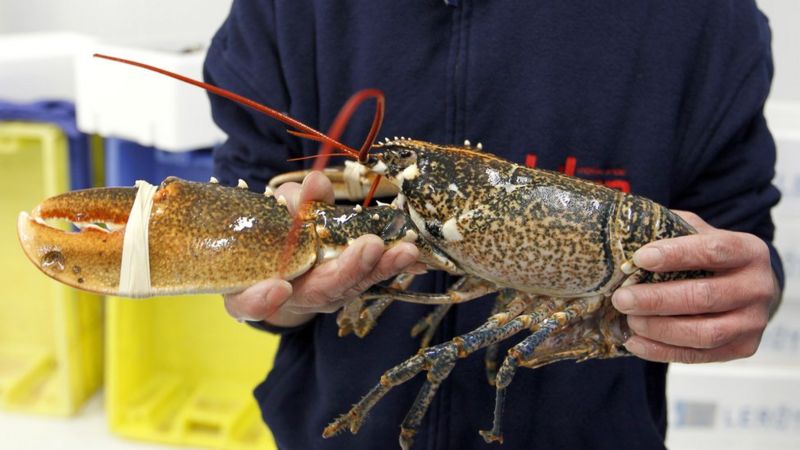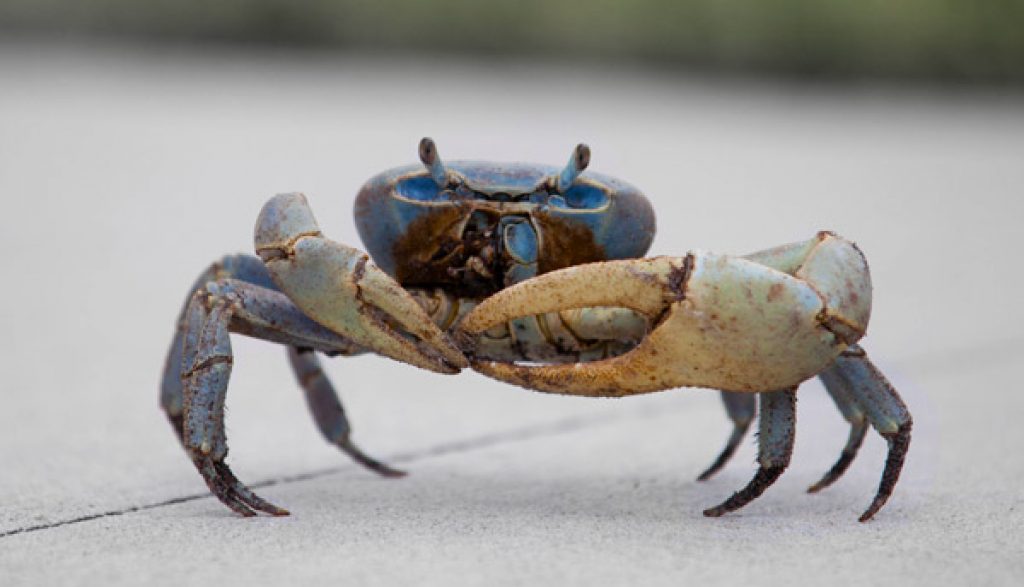
#LOBSTER SENTIENCE SERIES#
However, other Whitehall sources pushed back against suggestions there could be changes to existing industry practices.ĭrawing on evidence from 300 scientific papers, the report assessed the welfare implications of current commercial practices and has recommended a series of changes to improve the treatment of crustaceans and molluscs. Government sources acknowledged it was now “feasible” that this would lead to other pieces of animal welfare legislation being amended to end certain practices, such as the live boiling of crabs and lobsters. If approved by Parliament, the changes would mean that ministers will be answerable in future to a newly formed animal sentience committee and required to demonstrate that the Government has taken into account the ways in which policies may impact the welfare of the animals. In response to the study, Mr Eustice has now tabled an amendment to the Animal Welfare (Sentience) Bill, seen by The Telegraph, which would extend its scope beyond vertebrates to cover all decapod crustaceans and cephalopod molluscs.

George Eustice, the Environment Secretary, on Friday moved to strengthen new animal welfare laws after a government-commissioned study found strong scientific evidence to suggest the species had the capacity to be aware of feelings and sensations.Ĭarried out by researchers at the London School of Economics, the report concluded that decapods, which include crabs, lobsters and crayfish, and cephalopods, such as squid and octopuses, are sentient.

Lobsters, crabs and octopuses are sentient, ministers have decided, in a move that could pave the way for a ban on live boiling. Report recommends ban on imports of farmed octopus as well as various restrictions to improve the treatment of crustaceans and molluscs GAIA reports that 83% of Brussels residents are aware that lobsters feel pain. In addition, four in five Brussels residents believe that lobsters feel pain when they are boiled alive and consider that this is also the case when they are cut up alive. 80% of Walloons agree that there should be a legal ban on killing lobsters without stunning them.Ĭrustastun is an electrical stunning and killing device developed to render crustaceans unconscious without impacting the quality of the meat.Lobsters are sentient, Government concludes, as calls grow for ban on live boiling Such a ban would receive the support of a large part of the population. GAIA is therefore collecting signatures for a petition to introduce a ban on the live boiling or cutting of lobsters without stunning. Recent scientific research has concluded that that crustaceans, such as crabs and lobsters are sentient beings that feel pain. The animals are commonly then boiled alive or cut in half without being stunned. Exposed to air, they are unable to excrete bodily waste products, and their condition weakens significantly leading to a slow death. On arrival, the lobsters are at best kept alive in water tanks, sometimes for months. They are held vertically with their claws held upright.

The lobsters are transported from Canada to Belgium in polystyrene foam boxes with gel ice packs. The whole journey of the lobster from capture to death is agonising. Belgians are the largest consumer of lobster in the world per capita.

Each year, Belgium imports an average of 3.8 million live lobsters, mainly from Canada.


 0 kommentar(er)
0 kommentar(er)
